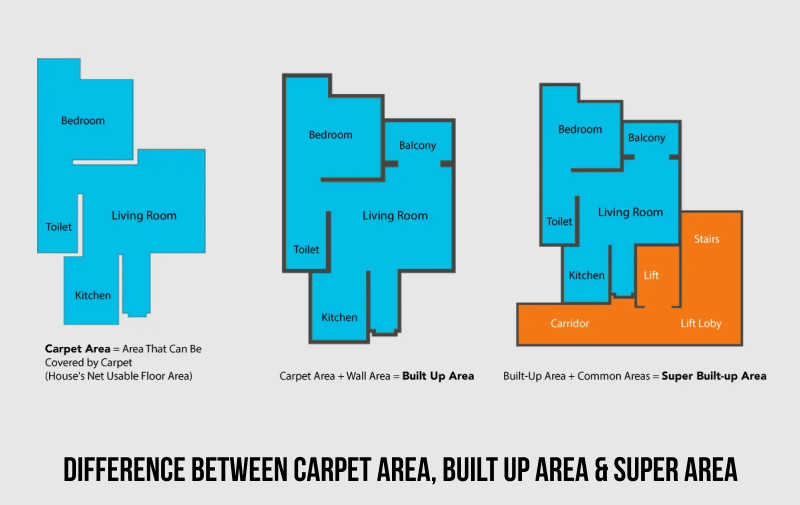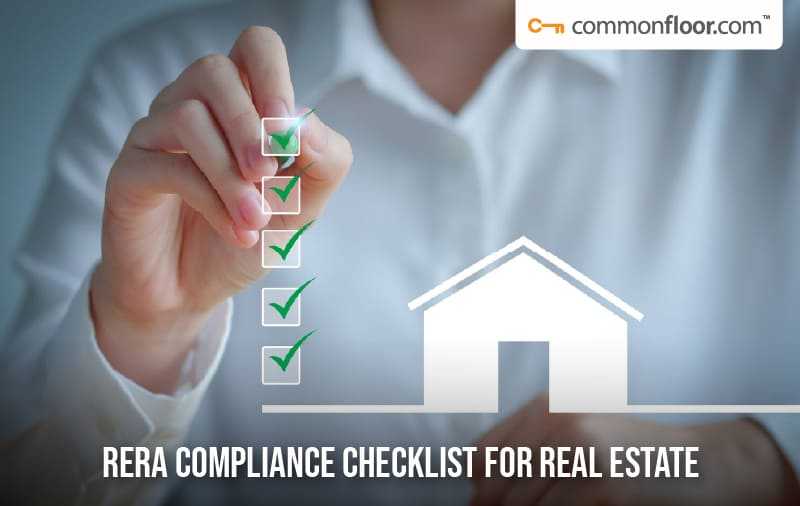Registration of Property is Compulsory
Registration of the property is a full and final agreement signed between two parties. Once a property is registered, it means that the property buyer in whose favor the property is registered is the lawful owner of the premises and is fully responsible for it in all respects. The law does not recognize unregistered owners and does not give them any rights over the property. Therefore, Registration of Property is Compulsory to prevent fraud or future litigation.
 |
 |
Whenever a property buyer buys a piece of land/immovable property, he/she needs to register the same with the authority concerned. Once a property is registered, it means that the property buyer in whose favor the property is registered is the lawful owner of the premises and is fully responsible for it in all respects. Through registration of Sale deed, a person is able to acquire the rights of the property on the date of execution of the deed.
Registering the documents relating to the transfer, sale, lease or any other form of disposal of a property is compulsory under section 17 of the Indian Registration Act, 1908. The aim of the registration is to prevent fraud, in addition to create and maintain an up-to-date public record. The registration can take place at the Sub-Registration Office within which the property is located or in the District Sub-Registrar Office of the District where the property is located.
Procedures for Registration of Land
Property Registration in India is compulsory under section 17 of the Indian Registration Act, 1908. The registration of property is to be done in the Registrar’s Offices by the Sub-Registrar. Following are some procedures or processes of property Registration.
- Verify the property title: The property documentation will vary depending on whether the property is being transferred from the developer or seller. The process of due diligence gets easier in case of a secondary sale as the first owner of the property would have all the documents in place for the registration of the property. If the title were not clear and marketable, most financial institutions would refuse to finance the property. A bank or a housing finance company carries out the due diligence process before approving the project and the housing loan. However, the onus lies on the buyer to verify the property title before registration.
- Find Sub Registrar Office: One has to present the Sale Deed in the concerned Sub-Registrar Office where the land is situated. Your lawyer or attorney will help you to find your property location and concerned registrar office.
- Stamp Duty and Sale Deed: The Schedule of the property should be correctly mentioned in the Sale Deed and if any structure is situated over the landed property that has to be mentioned in the Sale Deed along with its cost. Preparation of property Sale Deed is done by an authorized attorney on behalf of the purchaser. The stamp duty is usually a percentage of the transaction value levied by the state government, on every registered sale. The levy of stamp duty is a State subject and thus the rates of stamp duty vary from State to State.
- Take appointment: The registration fee should be paid a few days before going for registration and the receipt is to be shown to the Sub-Registrar’s Office one day before the actual date of registration. An appointment has to be taken over the phone and registration has to be done at the office of the Sub-Registrar.
- Submission of Documents: After detailed verification of the Sale Deed, the registration process will be completed as per the Registration Act. Once the registration is complete the duly registered document may be collected by signing in the dispatch register or by giving a letter of authority to someone to collect it on your behalf. The final sale deed should be stamped and registered at the appropriate Sub-Registrar’s Office. The Sub-registrar keeps a copy of the documents and returns the original documents to the buyer within 30 minutes.
- Mutation of the title: Once the registration is complete, the purchaser has to apply to the local municipal authority to get the title of the property concerned transferred to his/her name. This is commonly referred to as mutation of the title of the property.
Now the process or registration of properties in India is computerized. Under the computerized Land and Property Registration system, registration is easy. It facilitates transparency in valuation and eliminates middlemen. The application form can either be downloaded online or obtained from the concerned authority’s office. After due verification of details, the Deed is drawn up and the registration process is complete. Before purchasing land, you have to make sure you do proper research work about the form of land, buy lands through genuine and authentic seller, developer, brokers or agents.
Whenever a property buyer buys a piece of land/immovable property, he/she needs to register the same with the authority concerned. The law does not recognize unregistered owners and does not give them any rights over the property. Registration of the property is a full and final agreement signed between the two parties and once it is submitted at the local registrar’s office and the registration is complete, the buyer legally becomes the owner of the apartment.







